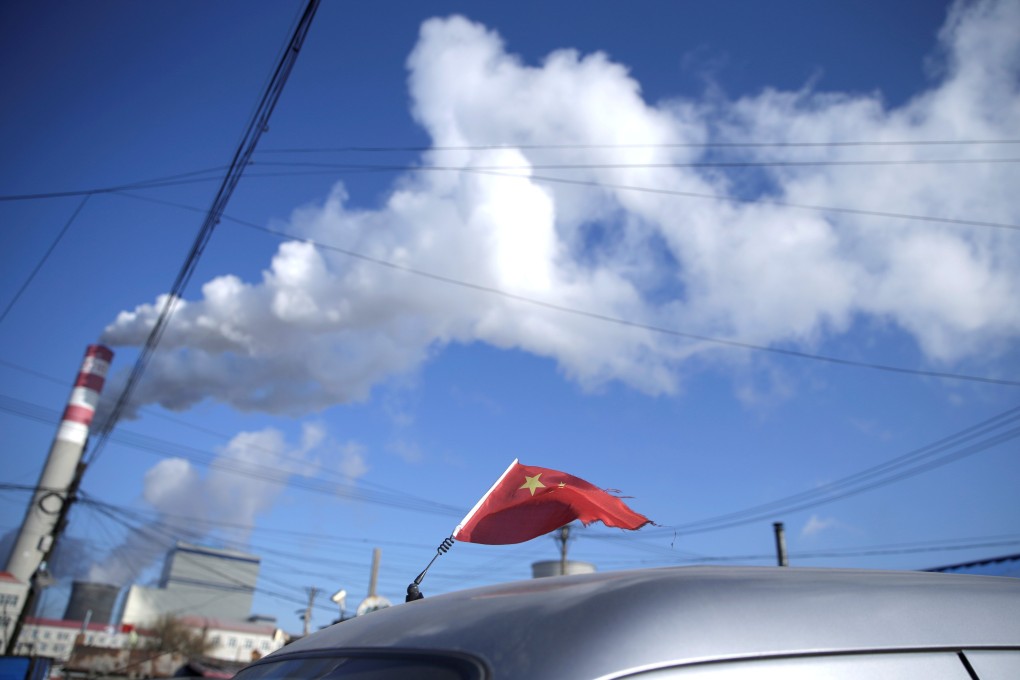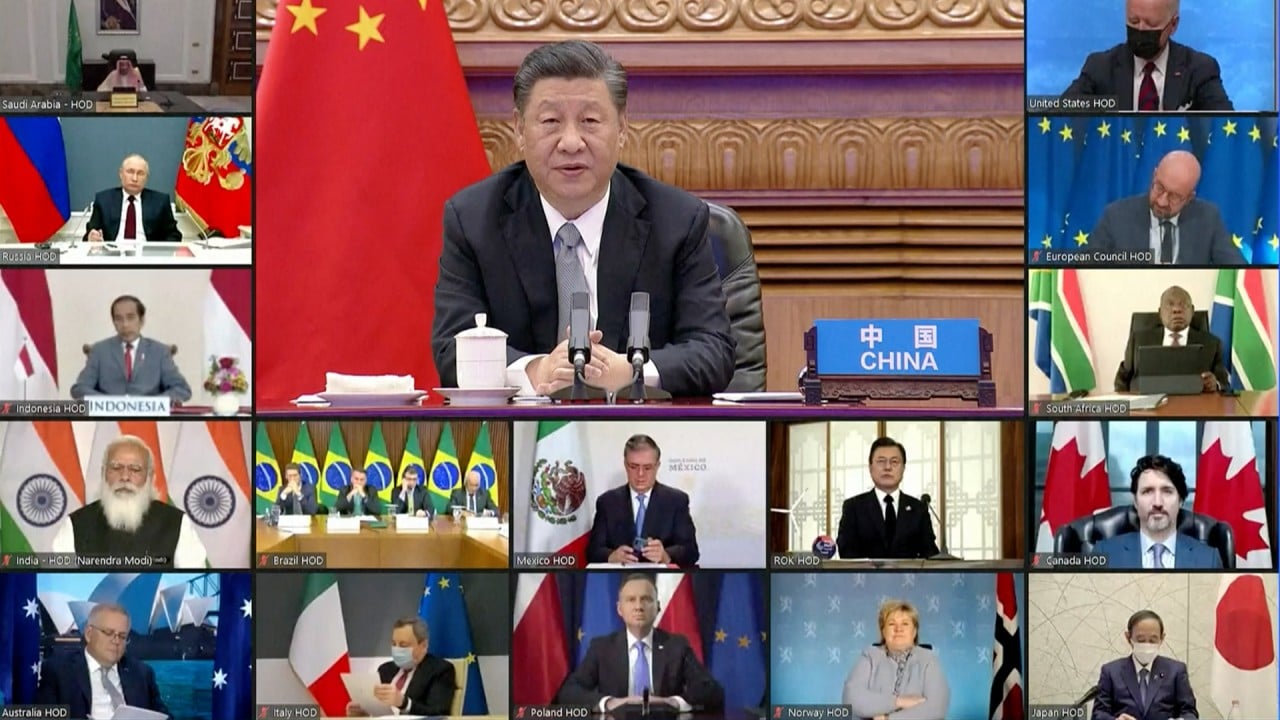China must curb energy demand, create clean supply to hit its Paris climate goal: researchers
- Chinese and foreign researchers look at how aiming to keep the global temperature rise to 1.5 degree Celsius affects China
- Most models analysed reported China’s coal demand would shrink to near zero around 2050

Chinese and foreign researchers recently assessed what the 1.5 degree goal means for China’s emissions pathway, energy restructuring and decarbonisation, publishing a study in Science journal on April 23.
“Different organisations have different models based on their structures and mechanisms so sometimes – even if they research the same subject – the results can be very different,” said Duan Hongbo, lead author of the study and a professor with the University of the Chinese Academy of Sciences in Beijing.
“So we want to combine some representative models and analyse the results,” he said.
“For the consistent findings, the results of the multi-model study are more scientific than the single-model study and they are more suitable to be used for climate negotiations or to support the country’s long-term planning,” he added. “For the results with big differences, we need to analyse the reason and be cautious when making policies.”
